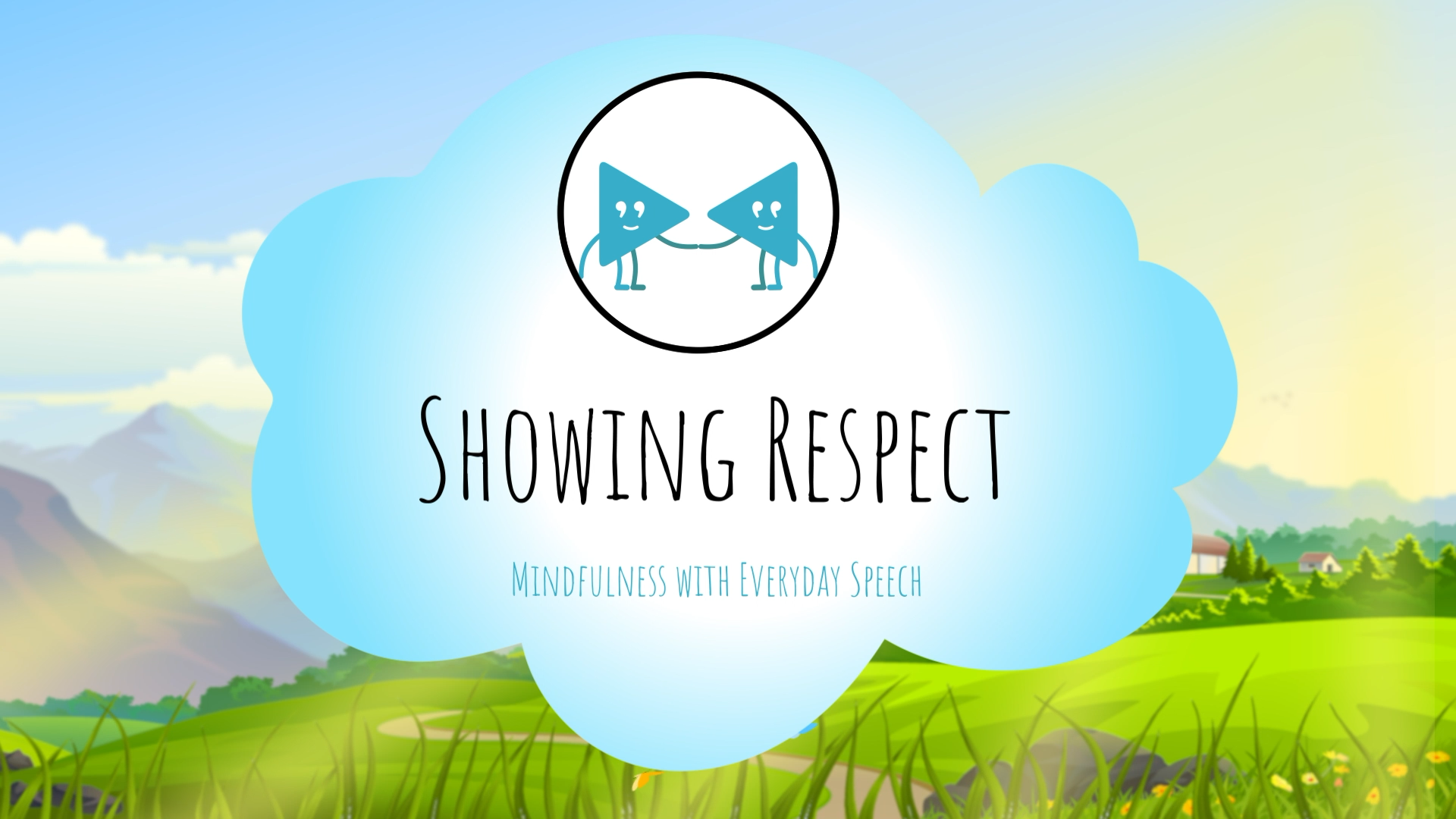
Introduction
Respect is a fundamental principle of Social-Emotional Learning, and it plays a crucial role in creating inclusive and supportive environments for students in Special Education. This blog post will discuss the concept of respect, provide a no-prep activity for educators to use in their classrooms, offer discussion questions to stimulate further conversations, and mention related skills for students to develop. By fostering a respectful atmosphere, we can celebrate and value our students’ differences, helping them feel accepted and understood.
No-Prep Activity: The Respect Circle
This simple, yet effective activity requires no preparation or materials from the educator. Begin by having the students form a circle, either sitting or standing. Explain that the purpose of the activity is to practice showing respect to one another. One student will start by turning to the person on their left and sharing a compliment or a kind statement about that person. The next student will do the same for the person on their left, and so on, until everyone in the circle has both given and received a compliment or kind statement. This activity encourages students to focus on the positive attributes of their peers and helps them practice expressing respect through words.
Discussion Questions
- What does it mean to treat someone with respect? Can you share an example from your own experience?
- Why is it important to show respect to people who are different from us in terms of abilities, interests, age, race, gender, or culture?
- How can we practice showing respect to others in our everyday lives?
- What are some ways we can show respect to ourselves? Why is self-respect important?
- How does a respectful environment in the classroom affect our learning and well-being?
Related Skills
In addition to respect, there are several other skills that are essential for students in Special Education to develop. Some of these related skills include:
- Empathy: Understanding and sharing the feelings of others helps us connect with them and treat them with kindness and compassion.
- Active Listening: Paying full attention to what someone is saying, asking questions, and reflecting on their message shows respect and helps build strong relationships.
- Communication: Expressing ourselves clearly and effectively, both verbally and non-verbally, is crucial for fostering mutual understanding and respect.
- Conflict Resolution: Resolving disagreements in a respectful and constructive manner promotes a positive and inclusive environment.
Next Steps
Now that you have learned about the importance of teaching respect in Special Education and have been provided with an activity and discussion questions, we encourage you to continue exploring these concepts and skills. To help you in your journey, sign up for free samples of the discussed skill and others at Everyday Speech. By incorporating these principles into your classroom, you can create a more inclusive, supportive, and respectful environment for all students.

